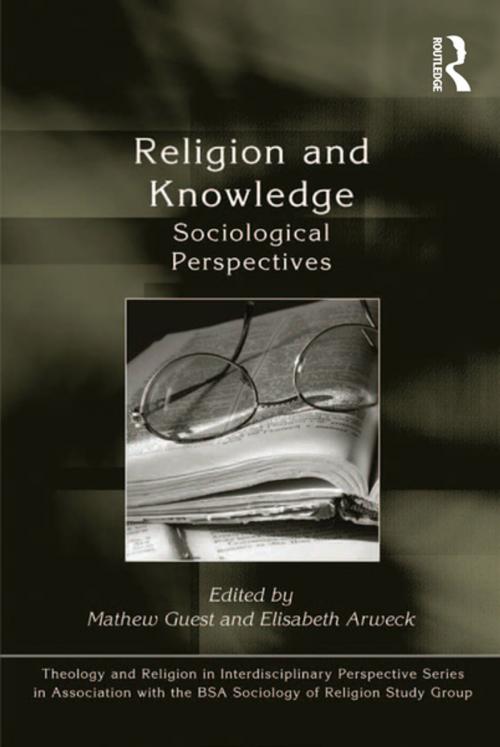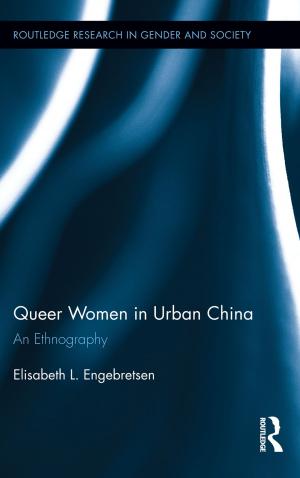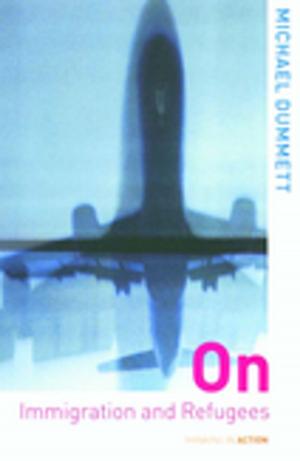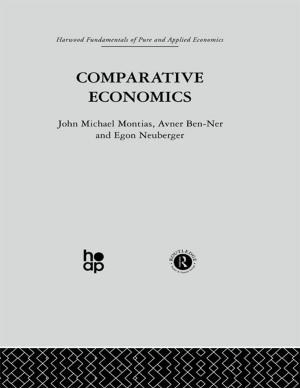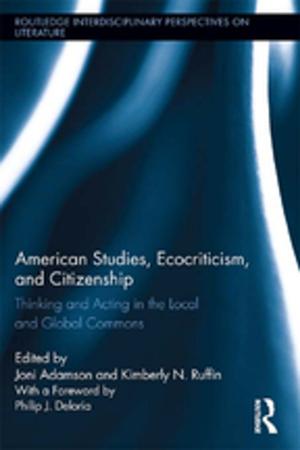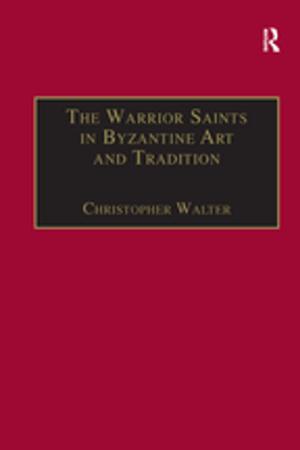Religion and Knowledge
Sociological Perspectives
Nonfiction, Religion & Spirituality, Philosophy, Religious| Author: | ISBN: | 9781317068044 | |
| Publisher: | Taylor and Francis | Publication: | April 15, 2016 |
| Imprint: | Routledge | Language: | English |
| Author: | |
| ISBN: | 9781317068044 |
| Publisher: | Taylor and Francis |
| Publication: | April 15, 2016 |
| Imprint: | Routledge |
| Language: | English |
Religions have always been associated with particular forms of knowledge, often knowledge accorded special significance and sometimes knowledge at odds with prevailing understandings of truth and authority in wider society. New religious movements emerge on the basis of reformulated, often controversial, understandings of how the world works and where ultimate meaning can be found. Governments have risen and fallen on the basis of such differences and global conflict has raged around competing claims about the origins and content of religious truth. Such concerns give rise to recurrent questions, faced by academics, governments and the general public. How do we treat statements made by religious groups and on what basis are they made? What authorities lie behind religious claims to truth? How can competing claims about knowledge be resolved? Are there instances when it is appropriate to police religious knowledge claims or restrict their public expression? This book addresses the relationship between religion and knowledge from a sociological perspective, taking both religion and knowledge as phenomena located within ever changing social contexts. It builds on historical foundations, but offers a distinctive focus on the changing status of religious phenomena at the turn of the twenty-first century. Including critical engagement with live debates about intelligent design and the ’new atheism’, this collection of essays brings recent research on religious movements into conversation with debates about socialisation, reflexivity and the changing capacity of social institutions to shape human identities. Contributors examine religion as an institutional context for the production of knowledge, as a form of knowledge to be transmitted or conveyed and as a social field in which controversies about knowledge emerge.
Religions have always been associated with particular forms of knowledge, often knowledge accorded special significance and sometimes knowledge at odds with prevailing understandings of truth and authority in wider society. New religious movements emerge on the basis of reformulated, often controversial, understandings of how the world works and where ultimate meaning can be found. Governments have risen and fallen on the basis of such differences and global conflict has raged around competing claims about the origins and content of religious truth. Such concerns give rise to recurrent questions, faced by academics, governments and the general public. How do we treat statements made by religious groups and on what basis are they made? What authorities lie behind religious claims to truth? How can competing claims about knowledge be resolved? Are there instances when it is appropriate to police religious knowledge claims or restrict their public expression? This book addresses the relationship between religion and knowledge from a sociological perspective, taking both religion and knowledge as phenomena located within ever changing social contexts. It builds on historical foundations, but offers a distinctive focus on the changing status of religious phenomena at the turn of the twenty-first century. Including critical engagement with live debates about intelligent design and the ’new atheism’, this collection of essays brings recent research on religious movements into conversation with debates about socialisation, reflexivity and the changing capacity of social institutions to shape human identities. Contributors examine religion as an institutional context for the production of knowledge, as a form of knowledge to be transmitted or conveyed and as a social field in which controversies about knowledge emerge.
